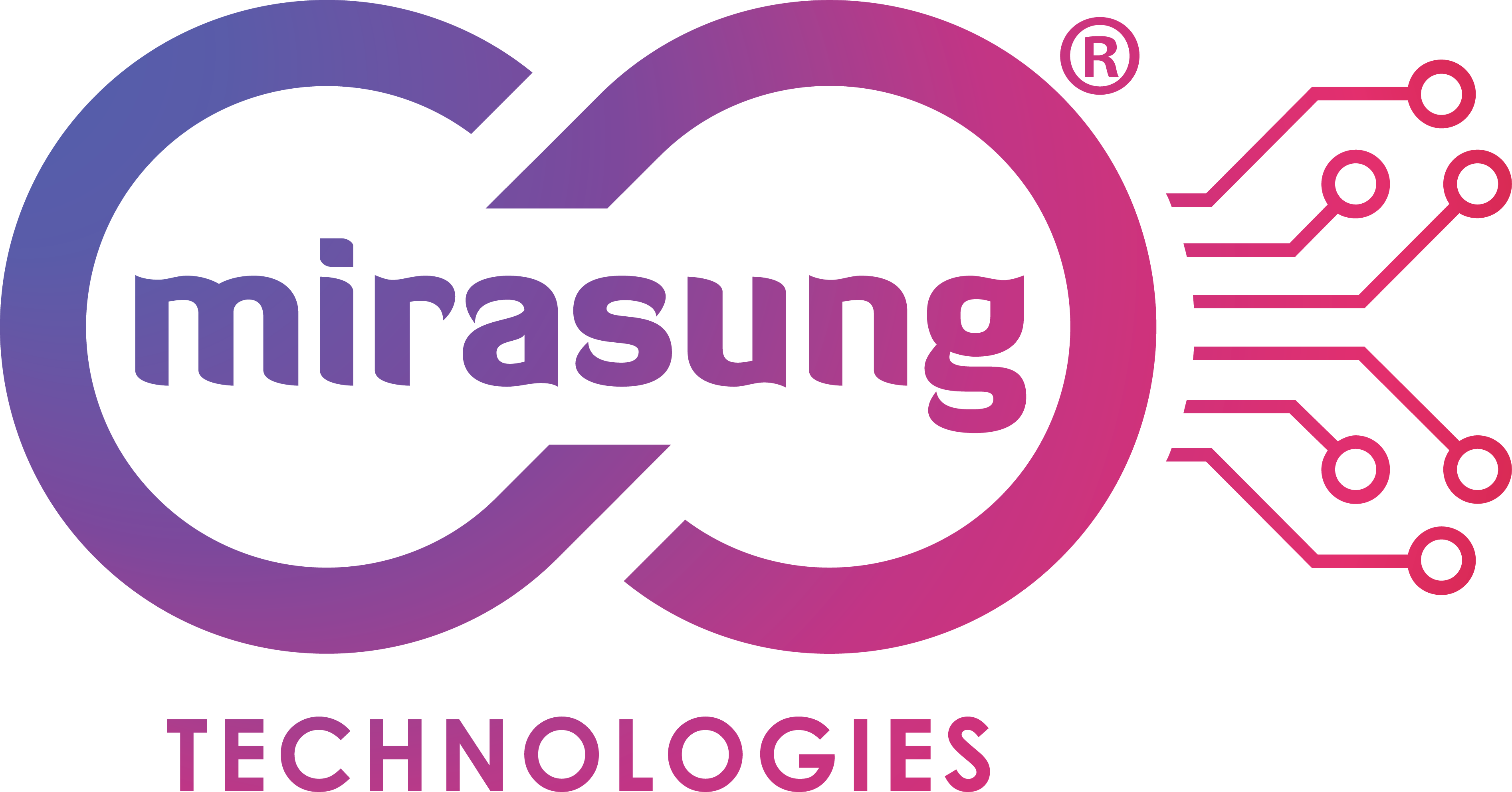AI can be immensely valuable for businesses across various industries. Here are some ways AI is useful for businesses:
Data analysis and insights:
AI can analyze large volumes of data quickly and efficiently. It can uncover patterns, trends, and insights that would be challenging for humans to identify. This helps businesses make data-driven decisions and gain a competitive edge.
Personalization and customer experience:
AI enables businesses to provide personalized experiences to customers. By analyzing customer data, AI algorithms can recommend relevant products or services, tailor marketing messages, and deliver personalized customer support. This enhances customer satisfaction and loyalty.
Automation and efficiency:
AI automates repetitive and mundane tasks, freeing up human resources to focus on more complex and strategic activities. AI-powered chatbots, virtual assistants, and robotic process automation (RPA) streamline workflows, improve efficiency, and reduce costs.
Predictive analytics and forecasting:
AI algorithms can analyze historical data and make predictions about future outcomes. This is valuable for demand forecasting, inventory management, sales projections, and risk assessment. It helps businesses optimize operations, plan resources, and make informed decisions.
Fraud detection and security:
AI can identify and detect patterns indicative of fraudulent activities. It can analyze vast amounts of data to identify anomalies, flag suspicious transactions, and enhance cybersecurity measures. This helps protect businesses from financial losses and security breaches.
Enhanced marketing and advertising:
AI enables businesses to target their marketing efforts more effectively. By analyzing customer data and behavior, AI algorithms can segment audiences, deliver personalized advertisements, and optimize marketing campaigns for better results. This leads to improved customer acquisition and conversion rates.
Product development and innovation:
AI can assist in product development by analyzing market trends, customer feedback, and competitor data. It can provide insights on consumer preferences, identify gaps in the market, and generate innovative ideas. This helps businesses develop products that better meet customer needs and stay ahead of the competition.
Supply chain optimization:
AI can optimize supply chain operations by analyzing data on inventory levels, demand patterns, and logistics. It can identify bottlenecks, optimize routes, predict maintenance needs, and improve overall supply chain efficiency. This reduces costs, improves delivery times, and enhances customer satisfaction.
Natural language processing and sentiment analysis:
AI-powered natural language processing (NLP) techniques enable businesses to analyze customer sentiments, social media conversations, and online reviews. This helps businesses understand customer feedback, address issues promptly, and improve brand reputation.
Decision-making support:
AI can provide valuable insights and recommendations to support decision-making processes. By analyzing complex data sets, AI algorithms can offer decision-makers accurate and timely information, enabling them to make informed choices and mitigate risks.
Conclusion:
It's important for businesses to carefully consider their specific needs and goals when implementing AI solutions to ensure maximum benefits and a successful integration with existing processes and systems.

